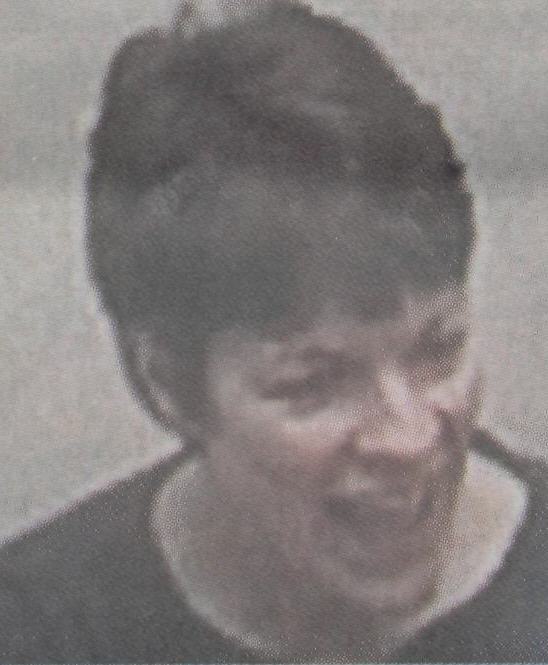|
The |
|
|
|
|
|
NZ Herald
Harlene
Hayne When Peter Ellis was tried and
convicted in 1993, Harlene Hayne was in her second year on the academic staff
of Otago University. These days she is a professor of psychology. With no independent corroboratory
evidence, the case hung on the reliability of the children's evidence. In question too, has been the
adequacy of the questioning of the children. That's Hayne's field. A specialist
in children's memory development, some of her recent work has examined the best
(and worst) ways to interview children in simulated clinical and legal
contexts. "Up to this point, I have had
no relation to the Ellis case. It was never clear to me how I could
contribute anything to the debate," Hayne said. "A large number of
experts had been consulted in the case and there was no shortage of expert
opinion on the quality of the interviews. "A few years ago, however, as
I was reading the Eichelbaum Report, it occurred to me that it might be possible
to actually compare the number and quality of the questions in the Ellis case
with the number and quality of the questions in another historical case to
which Eichelbaum referred in his report." That's the infamous Kelly Michaels
case. Michaels, aged 23 when arrested in 1985, was a New Jersey daycare
worker. She was convicted of 115 counts of child sexual abuse and jailed for
47 years. She was released five years later when the New Jersey Supreme Court
ruled that the "interviews of the children were highly improper and
utilised coercive and unduly suggestive methods". Eichelbaum, in his report,
accepted the interviews in the Michaels case were badly flawed but said that
the Ellis interviews were "of a high quality". Hayne: "We coded every
question that children were asked via transcripts of the interviews for each
case." Long interviews and suggestive
questions are generally accepted to be risk areas in eliciting reliable information
from young children. Hayne found that on average each
of the Ellis case children were asked 400 questions per interview compared to
200 in the Michaels case. Each child in the Ellis case was
asked on average 20 suggestive questions compared to eight in the Michaels
case. Hayne concluded that there was
consequently a "strong risk" the interviews were contaminated. She
says the courts should look at this again. |

